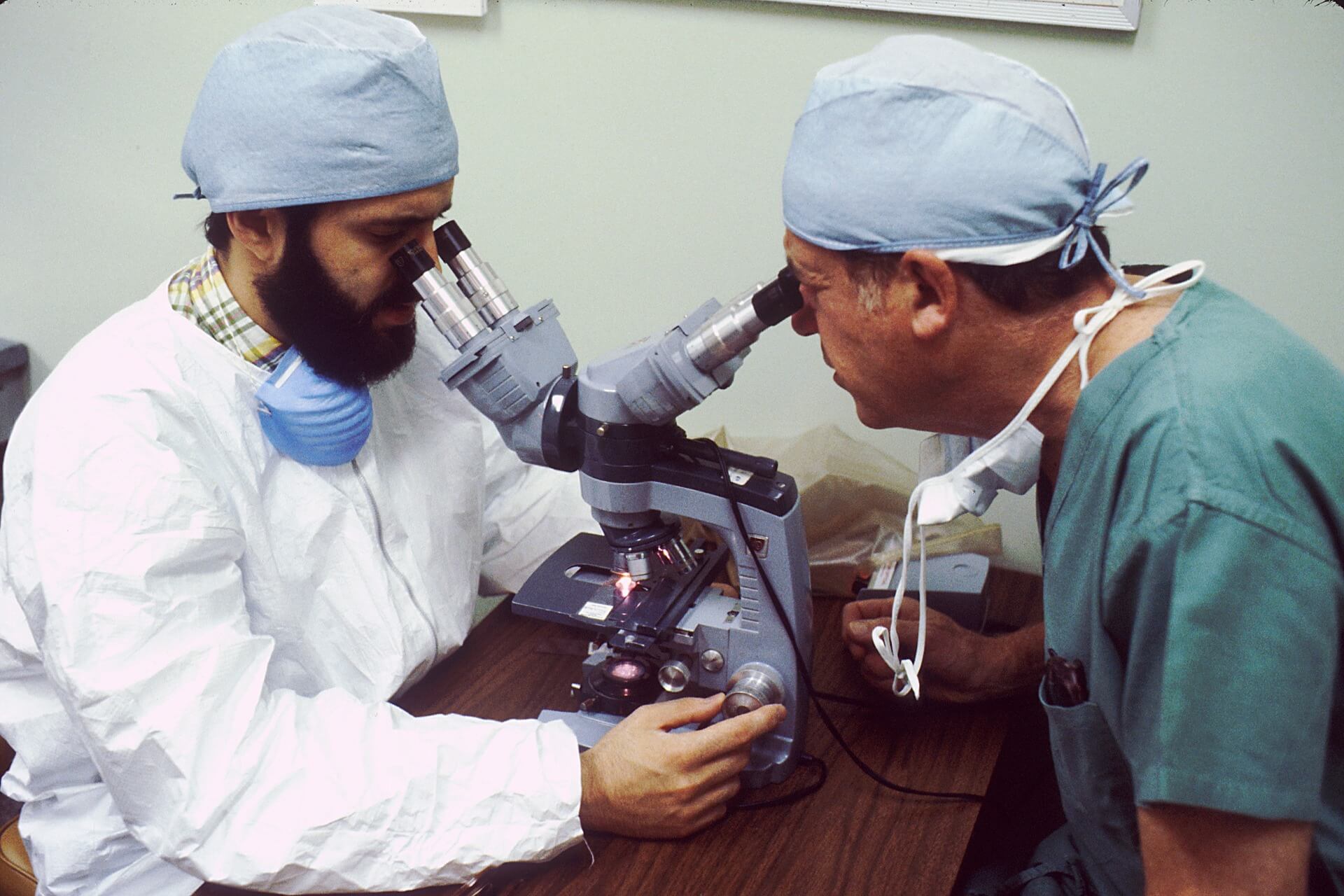The purpose of residency interviews during the Match is to pair a medical graduate with an environment that will enhance learning and develop the skills of the physician. However, interviewers are not equipped with the time to get to know every medical student, so they must use challenging interview questions to really get to know what type of candidate a medical graduate is. For the foreign medical graduate, difficult interview questions can be particularly challenging.
The Easy Questions
Don’t worry. There will be easy questions, and medical graduates will have plenty of general questions in which they can rehearse answers. Typical “easy” questions are:
- Why do you want to be a physician?
- Why are you interested in this residency?
- What are your strengths when it comes to practicing medicine?
- What is your biggest weakness when it comes to practicing medicine?
- What are your goals for the future?
- Why did you choose your specialty?
- Describe your medical school training.
- Who has been your greatest mentor?
- What will you do if you are not selected for this program?
These questions are easy because they can be predicted and rehearsed. Especially for foreign medical graduates who may struggle with cultural or language barriers, the easy questions are a stress reducer because they can be practiced.
These questions are also very important because they confirm your education experience and the quality of education received abroad. They also give the candidate a chance to insert some personal details that will allow him or her to stand out amongst other candidates.
Although rehearsing the easy questions is advisable, answers should not be memorized. This can make replies come out robotically and make answers seem disingenuous. When practicing the easy interview questions, it is better to use bullet points to rehearse rather than full replies in complete sentences. This will give the candidate a chance to practice delivering natural and semi-spontaneous responses. The interviewer is not seeking a prepared speech but rather a natural conversation.
The Difficult Questions
While the content and delivery of the easy questions is important to assessing your ability to communicate your skills, difficult questions are designed to see how a residency candidate handles stress. They may be bizarre questions that have nothing to do with the residency program, and how you react to them tells interviewers a lot about your ability to handle stress.
For the foreign medical graduate, the difficult questions can be extra stressful because the interviewee must understand first that it is an intentionally difficult question. This can be difficult if the contextual elements of the question are misunderstood. This may force the interviewer to ask the question in a different manner to try to get the FMG to understand the question, and if this does not work, the interview may take an awkward negative turn. Examples of difficult questions are:
- What is your favorite color and why?
- Have you heard any negative comments about our residency program?
- If you were stranded on a desert island and could bring one item from home, what would it be?
- Tell me a joke.
It is obvious that these questions have nothing to do with your skills or qualifications, but they can show a lot about what a person is able to handle.
Preparing for the Difficult Questions
It is impossible to predict what the difficult questions will be, but your response to them should be candid. Some questions are meant to evoke hard emotional responses, and how you handle your emotions matters. Remain calm, and answer the questions with as many facts as possible. Leave any feelings or emotions out of your replies whenever possible. This is a test of emotional fortitude, which is a requirement in medicine, and the only way your interviewers can judge your strength is by throwing out some unexpected lines of questioning.
When you are practicing with mock interviews, throw in some crazy lines of questioning, and practice responding in an intelligent and calm manner. If it is a funny question, don’t be afraid to give a clever or witty response. The difficult questions are a chance to show personality and uniqueness. Everyone has practiced, canned responses for the easy questions, and the difficult questions are an extra way to stand out.
Lastly, start thinking about the difficult questions as an advantage. They are really an opportunity more than an obstacle, as long as the candidate is prepared. They are an opportunity because they give the interviewee a stab at capturing the interviewers’ attention and showing how the candidate can think on his or her feet. If a candidate feels like this is where their weaknesses are, then they should practice more because the difficult questions are going to happen.
The Match is a lengthy process, and after all the exams, certifications, and residency hurdles, there is still one part of the residency application process that must be conquered to be matched, and that is the interview. Like everything else, it requires preparation, and practicing the easy and the hard questions will give the foreign medical graduate a big advantage in the interview.
The difficult questions during an interview are not necessarily graded by the quality of your answer but rather how you react to being asked such a question and then if you are able to shift your thoughts in order to answer thoughtfully. The interviewers are not expecting your answer to be as amazing as they expect from the easy questions, but they want to see that you are not easily thrown off by a little uneasiness in a situation.




